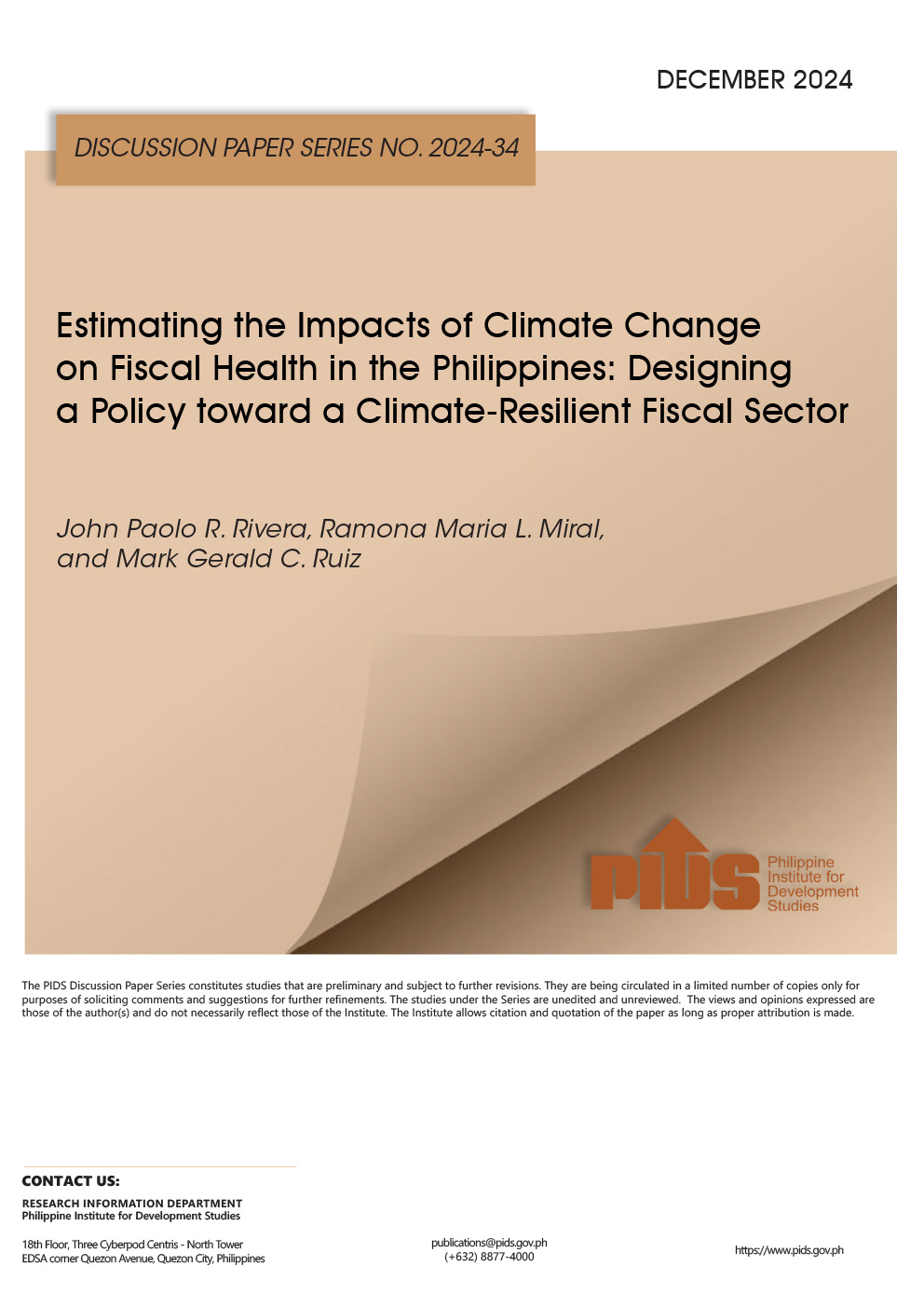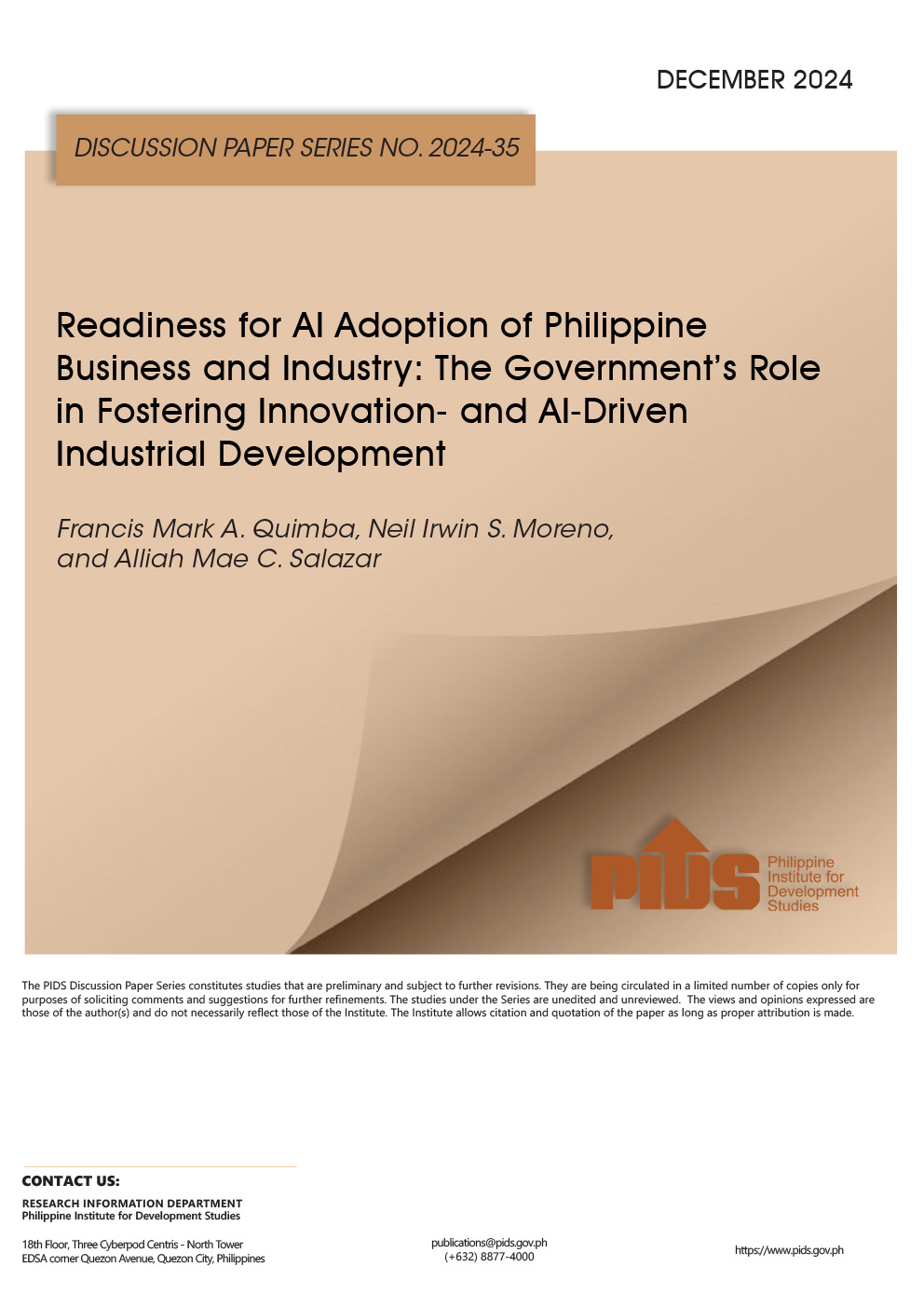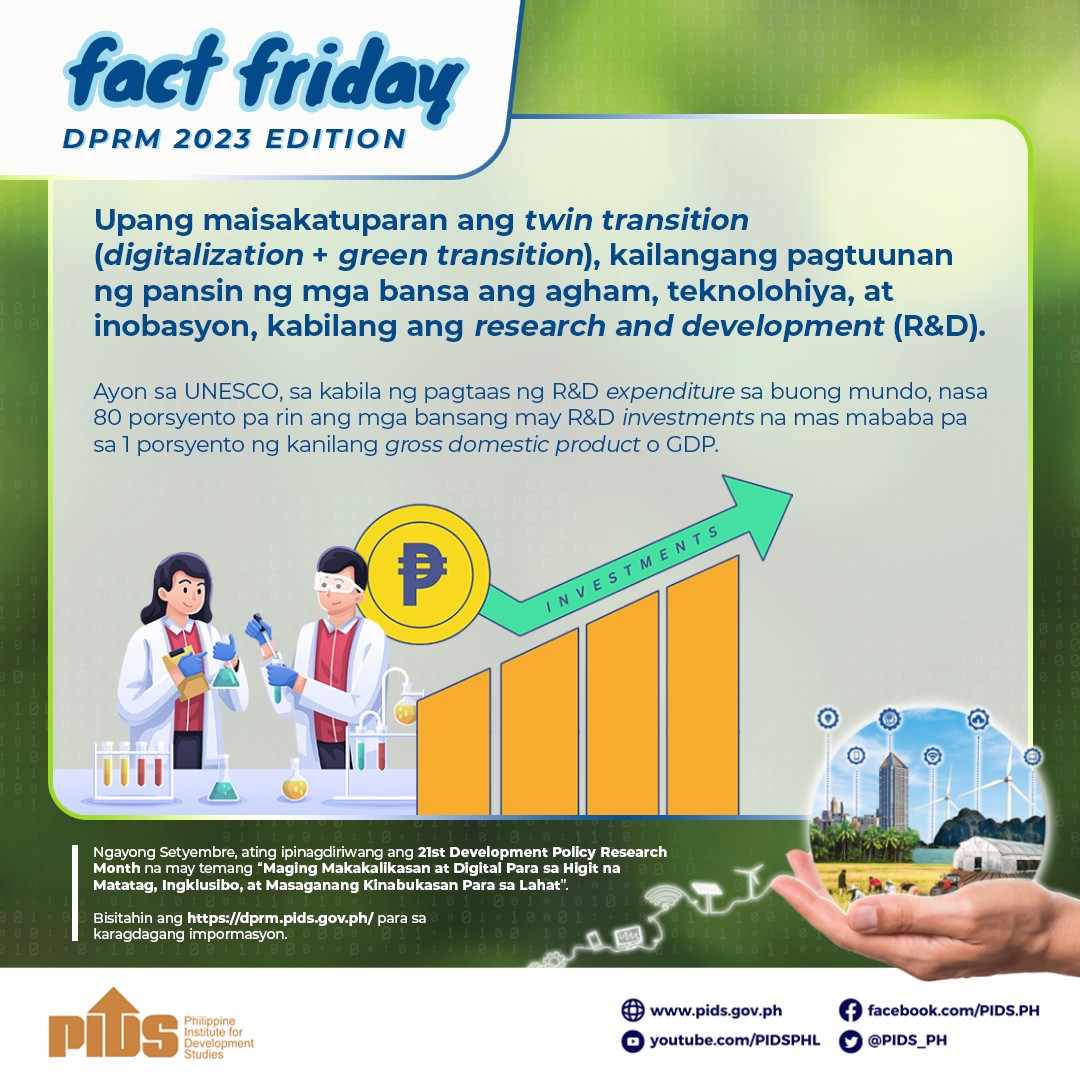SHORTCOMINGS in electric vehicle (EV) charging infrastructure and manufacturing technology have left the Philippines behind in the competition in the region for trade and investment, a Philippine Institute for Development Studies (PIDS) representative said.
“(There is a) low level of technology utilization in manufacturing and infrastructure,” PIDS Supervising Research Specialist Maureen D. Rosellon said at a virtual event Thursday.
“Given the projected growth in EV production, there are also concerns about the adequacy of charging infrastructure.”
Ms. Rosellon added that the country is somewhat in an advantageous position given the presence of electric vehicle technology in neighboring economies.
The EV value chain is expected to grow larger, she said, given investments in production from China, Japan, and South Korea. The Philippines’ investment prospects lie in battery production and transfer of technology partnerships with foreign firms.
“What I think the country must prepare for is the increased competition in inward investments in the region,” she said.
Edmund A. Araga, president of the Electric Vehicle Association of the Philippines, said there are low levels of technology adoption in manufacturing.
“EV manufacturers have difficulty (achieving the) ideal manufacturing setup” because the size of the market may not warrant the investment required. “How to sustain such a high cost of manufacturing or capability to introducing a lot of units if there is no demand?”
He also noted the absence of government EV purchase and infrastructure development incentives and subsidies.
“We are hoping that government buy some locally-manufactured EVs,” he said.
The Trade department is studying electric vehicle manufacturing as a potential niche for the Philippines after a 15-country trade deal was signed last year. The Board of Investments earlier this year approved startup company CHRG Electric Vehicle Technologies, Inc. as a new domestic producer of EV fast chargers and retrofit kits under the Investment Priorities Plan.
The plan recognizes as eligible for tax incentives “innovation drivers” that facilitate the entry of new technologies and government-funded research and development into the market.
Global manufacturers are also exporting EVs to the Philippine market. Nissan Philippines, Inc. is asking the government to reduce the import duties on electric vehicles after it launched its Nissan Leaf for sale here earlier this year.
Bottlenecks to electric vehicle development seen dampening PHL competitiveness












